Klitschko. A film by Sebastian Dehnhardt. Starring Vitali Klitschko, Wladimir Klitschko, Nadeshda Klitschko, Wladimir Klitschko Sr., Fritz Sdunek, Emanuel Steward, Chris Byrd, Larry Merchant, Lamon Brewster, Dan Rafael.
By Johnny Walker
Amusingly, when news broke that a documentary on the lives and careers of the heavyweight champion Klitschko brothers was forthcoming, a quick perusal of a few Internet boxing comment boards revealed more than a few incredulous comments. Many of these remarks can be summed up thusly: “These guys haven’t stabbed anyone, bitten off anyone’s ear, or been arrested and jailed for gun or drug possession. How can you make a movie about THEM?”
Such commentary says much more about the sad state of affairs in American culture today than it does about the story of the Klitschko brothers. But it also must be said that when two boxers are as utterly dominant as the Klitschkos have been over the last few years, it becomes easier to see them as almost inhuman entities, “robots,” as their enemies like to call them, methodically destroying the opposition, instead of as human beings.
Director Sebastian Dehnhardt’s excellent documentary, simply entitled Klitschko, goes a long way toward fleshing out the back-story of the brothers – a story that contains far more drama than some might imagine – and humanizing them. Klitschko shows that while they might not have come from a hardscrabble neighborhood in Brooklyn, the brothers’ is nevertheless a boxing story, a tale of two underdogs defying the odds and making it to the top.

Key in the film is the way Dehnhardt brings out previously little known details about the brothers’ early days. An emotional Wladimir revisits what remains of a two-room shack complete with outhouse in Ukraine that the young brothers lived in, with their parents and various other relatives, in what no doubt counted as “middle-class” accommodations back in the days of the Soviet Union. The house was located not far from the nuclear disaster in Chernobyl, and Wlad recalls playing with his paper boats in what turned out to be radioactive puddles of water. He also demonstrates how what became two star-studded boxing careers took root in a small hallway in that same crowded house, when Vitali said, “Wladimir, let’s be boxers,” and punched his younger brother hard in the stomach, an event that left Wlad not quite sure about this new venture.
The Klitschkos’ mother Nadeshda is a delight every time she is on screen, a still-vibrant woman who is rightfully proud of her famous sons. She explains how young Wladimir and Vitali worshipped athletes from the West, and became obsessed with martial arts. Vitali, described as initially “uncoordinated” and stubborn by his first kickboxing coach, nevertheless masters the sport and becomes kickboxing champion of the Soviet Union, earning himself a trip to the United States, which according to the elder Klitschko brother, might as well have been a trip “to the moon.” After being fed a steady diet of anti-US propaganda in school, Vitali is amazed to see cornucopia of delights available in US shopping malls, where there are “100 kinds of cheese. I only knew of one kind of cheese – it was called ‘cheese,’” Vitali humorously recalls.
Given this glimpse of the good life, Vitali and then Wladimir, who always follows his big brother’s lead, become determined to make it big, and soon both are winning boxing titles. One excellent part of the film shows them meeting with famed boxing promoter Don King, who smells big money in the future of the Klitschkos. Wanting to get them to sign a contract, King tries to impress the brothers by going to a piano and playing a classical sonata. Vitali and Wladimir admire King’s apparently multifaceted persona, until they realize that the instrument is a player-piano and the promoter is only miming. Vitali then decides that King is “dishonest,” and the brothers walk away from his overtures.
The film also masterfully details the dramatic ups and downs both brothers’ careers have taken up until this point. After initial boxing success, Wladimir struggles with knockout losses to Corrie Sanders and Lamon Brewster, and Vitali loses faith in his younger brother. “Vitali told me to take a look in the mirror, that my boxing career was probably over,” Wlad recalls of the aftermath of the Brewster loss. After a period of reflection, however, Wlad decides to take a new approach, one which entails getting out from under the wing of his iron-willed older brother (“My parents told me to look after Wladimir when we were young – they’ve never told me to stop” says Vitali).
Wlad replaces Vitali’s team with his own, which causes the first and only major argument the brothers have ever had. Vitali is barred from Wlad’s training camp with Manny Steward, and Wlad finally goes on to defeat Sam Peter, with an emotional Vitali shown living and dying with every punch from ringside. Becoming victorious on his own, with no help from Vitali, for the first time puts Wladimir a level footing with his older brother. From this point on, the relationship changes, becoming one of equals, as it remains to this day.
Anyone who still thinks that the Klitschko brothers are indistinguishable, that they fight exactly the same way or are temperamentally the same, will never again make that error when they watch Klitschko. “Vitali was born a fighter, I had to become one,” Wladimir admits early in the film. Or as an early boxing trainer of the brothers’ says, “Vitali is made of stone, Wladimir is made of clay,” meaning that Vitali is harder to teach, but is unshakeable once he masters something, while Wlad is easier to mold but harder to keep focused. “Vitali fights like a cowboy,” says Klaus-Peter Kohl of Universum boxing, “while Wladimir is more classical, a boxer … I knew they both had what it takes to be champions.”
One thing that is the same with both Wladimir and Vitali is the love they have for each other. Vitali says the secret they have is that opponents are fighting “both of us – you feel safe with your brother, he gives you extra strength.” “The same blood flows through both of you,” mother Nadeshda tells them, which is why they will never fight each other, despite the ribbing of those like Lennox Lewis, who appears in the film to make that suggestion. The same two brothers who lived in a crowded two-room shack in a radioactive part of Ukraine and dreamt of being stars are now both heavyweight champions of the world, and as Klitschko makes crystal clear, it will take someone very special to ever wrest that distinction away from them.
Klitschko will make its debut at the Tribeca Film Festival: for more information, go to http://www.tribecafilm.com/filmguide/klitschko-film36794.html


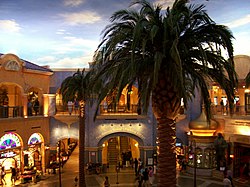



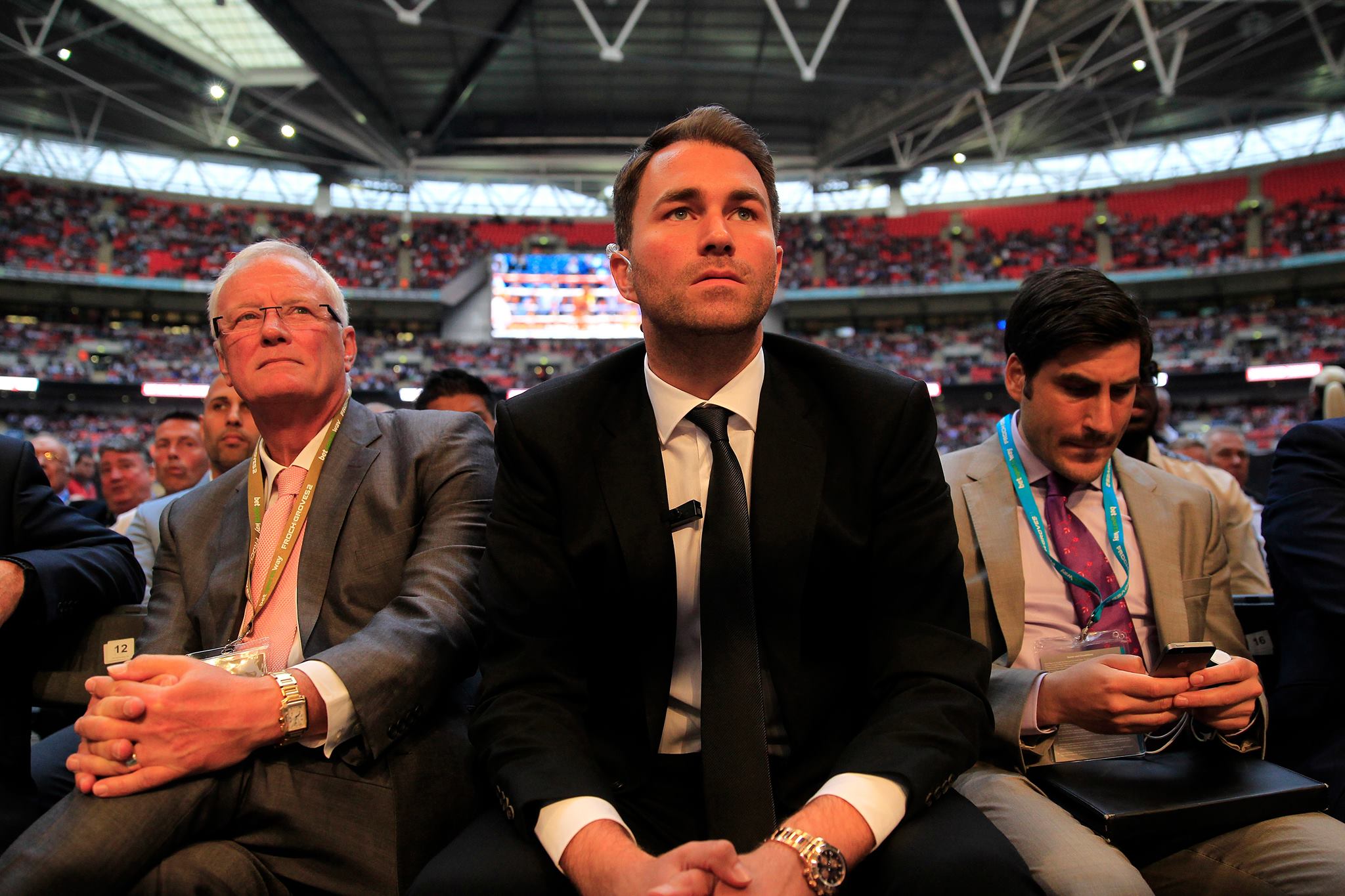
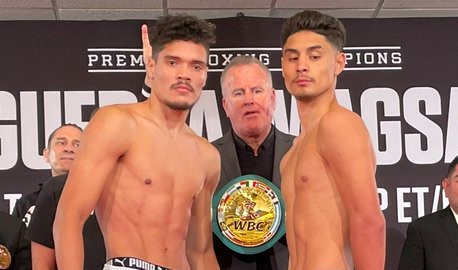
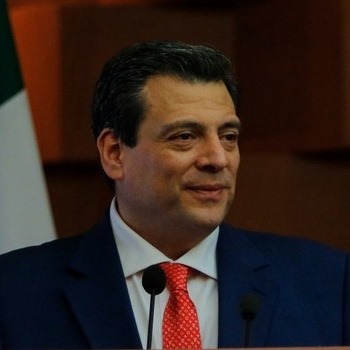








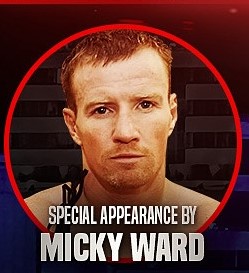

DonaldBiono
06/29/2024 at 7:52 am
mexico drug stores pharmacies
http://cmqpharma.com/# mexican online pharmacies prescription drugs
pharmacies in mexico that ship to usa
CharlesRor
07/19/2024 at 9:42 pm
indian pharmacy online [url=https://indiapharmast.com/#]Online medicine order[/url] indian pharmacies safe
Davidtoows
07/20/2024 at 2:02 am
indian pharmacy paypal: reputable indian pharmacies – indianpharmacy com
CharlesRor
07/20/2024 at 4:31 am
reputable mexican pharmacies online [url=https://foruspharma.com/#]mexican border pharmacies shipping to usa[/url] purple pharmacy mexico price list
EdwardLoobe
07/20/2024 at 3:44 pm
https://canadapharmast.online/# canadian pharmacy online
CharlesRor
07/21/2024 at 12:06 am
п»їlegitimate online pharmacies india [url=http://indiapharmast.com/#]online shopping pharmacy india[/url] online shopping pharmacy india
Jamesjam
07/21/2024 at 6:09 pm
can i order cheap clomid for sale: buy cheap clomid without dr prescription – can i order clomid
Jamesjam
07/22/2024 at 7:24 pm
paxlovid cost without insurance: buy paxlovid online – п»їpaxlovid
Jamesjam
07/24/2024 at 10:13 pm
can i purchase clomid without insurance: where to buy cheap clomid tablets – how to get generic clomid price